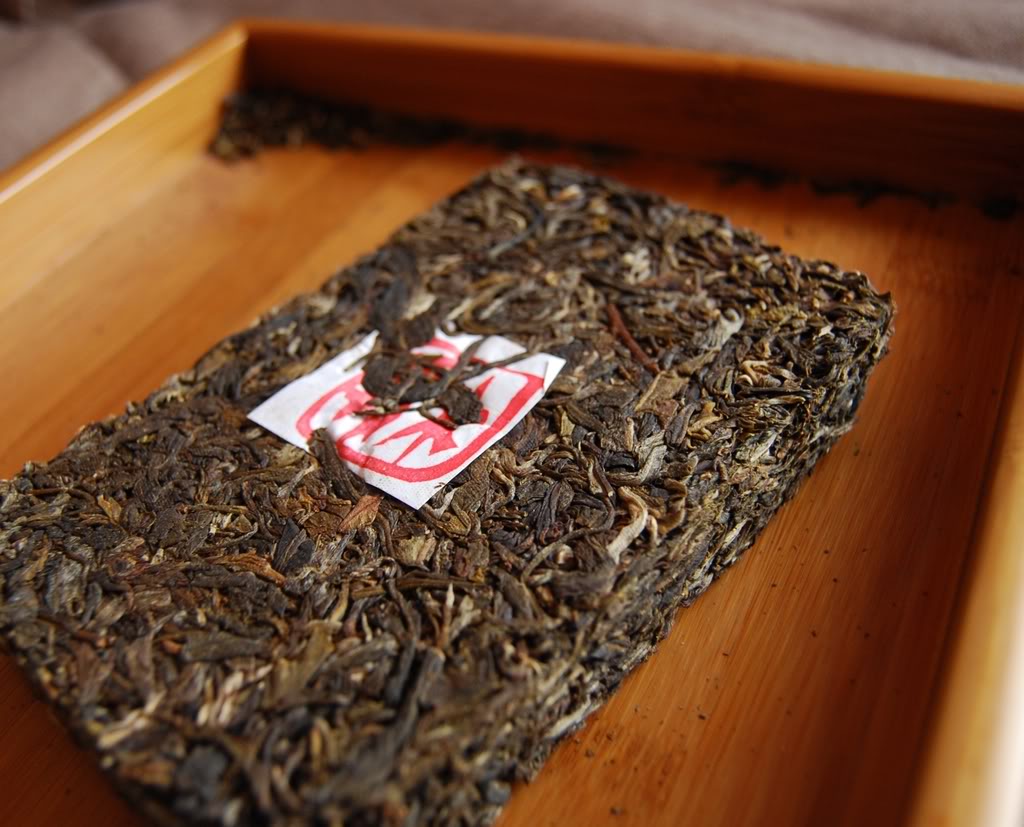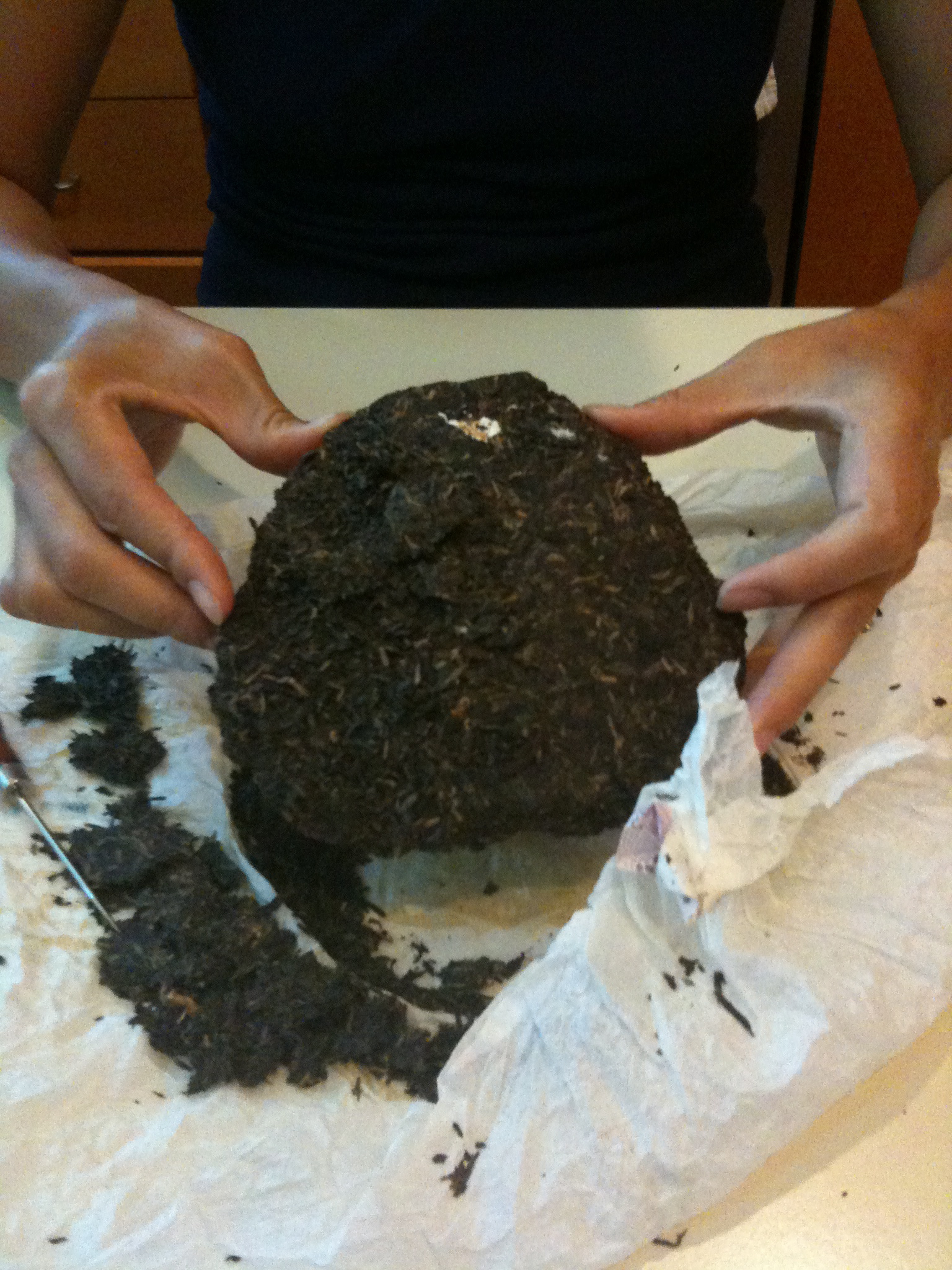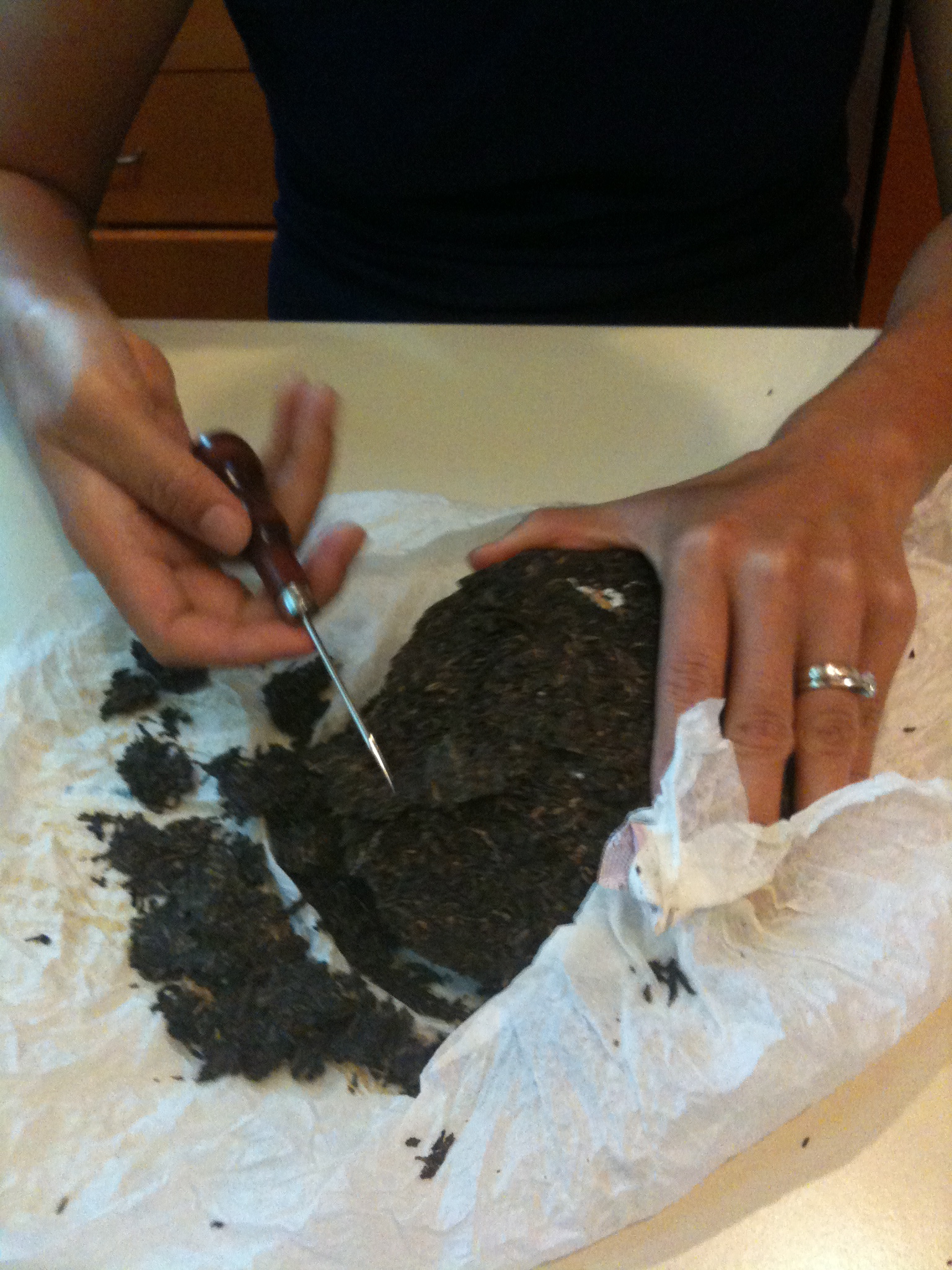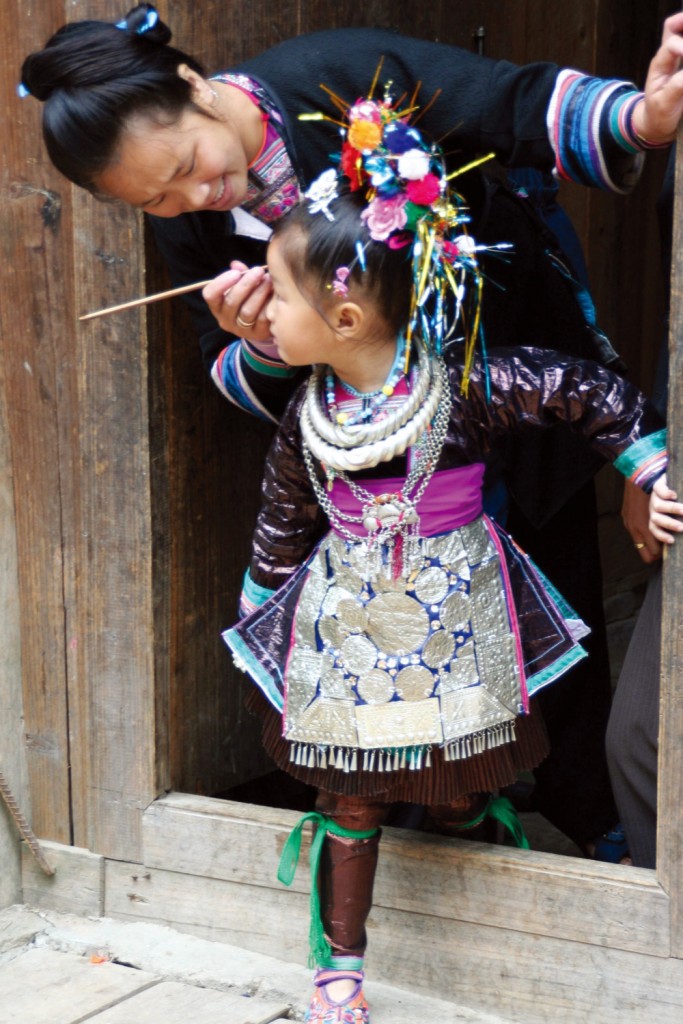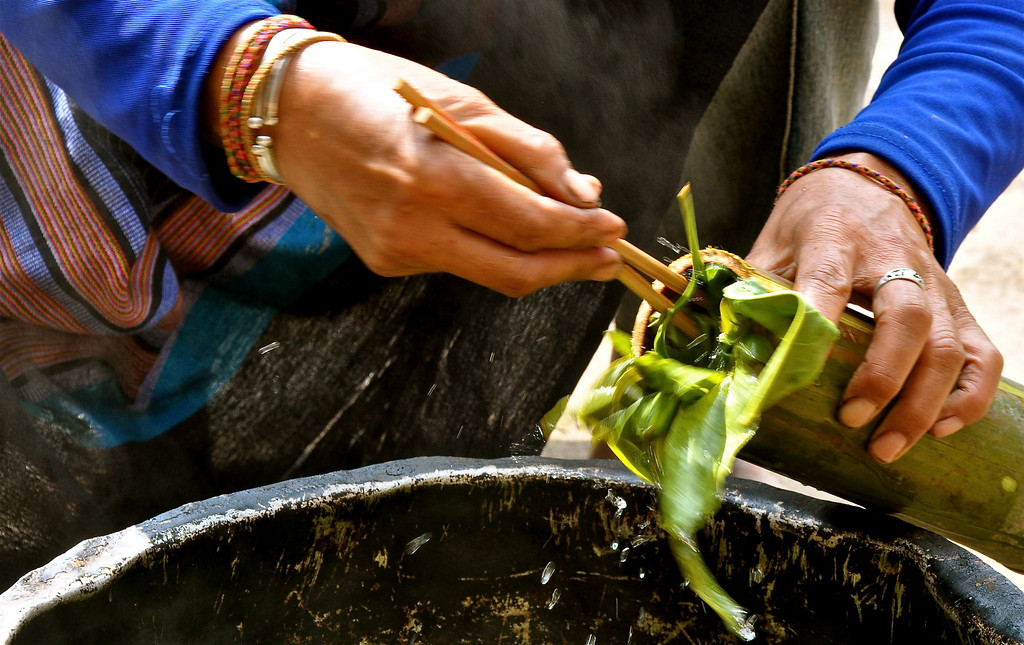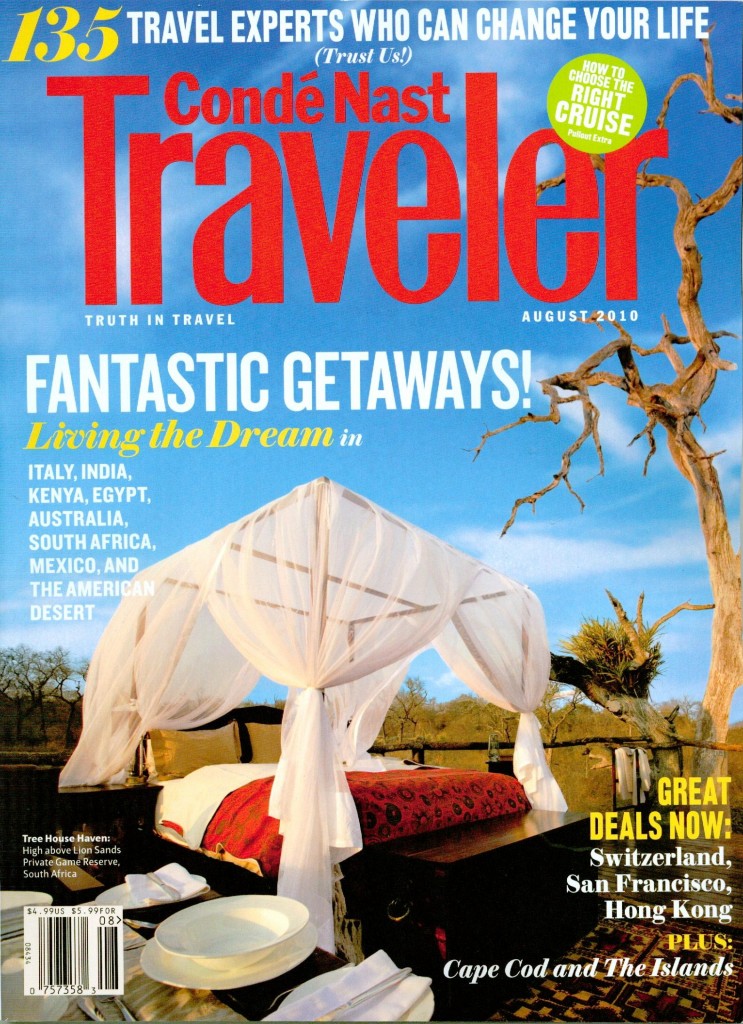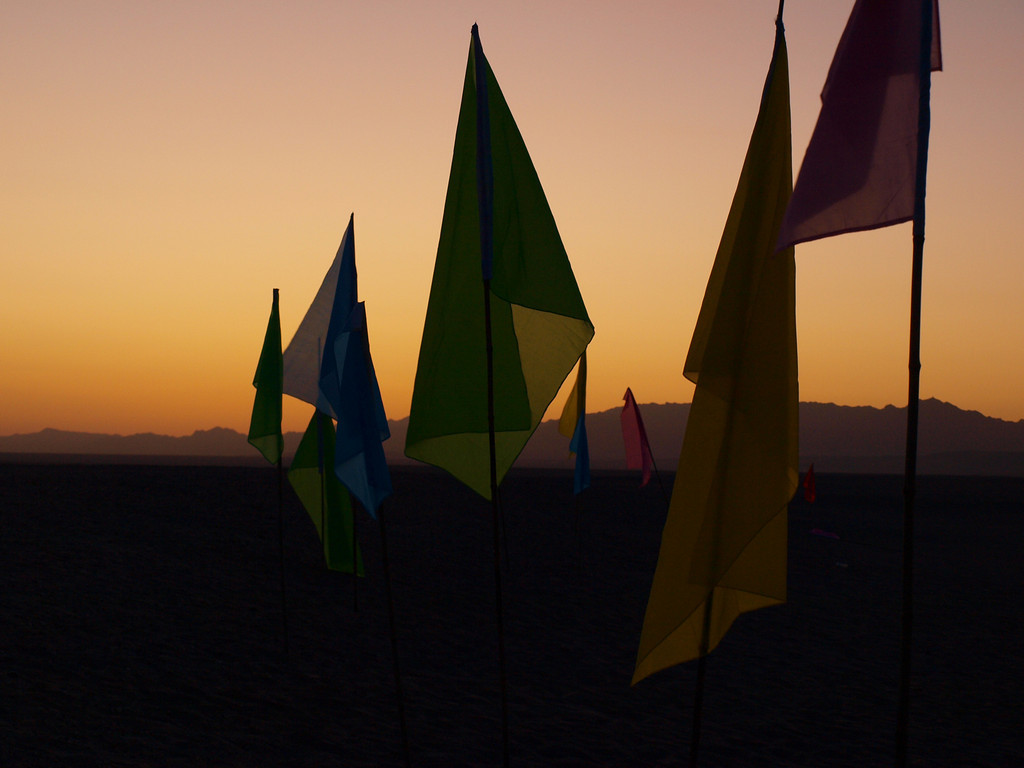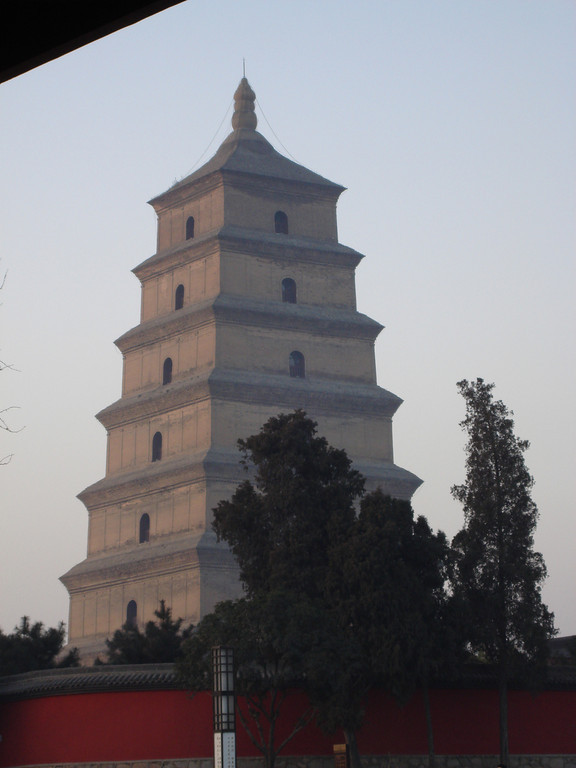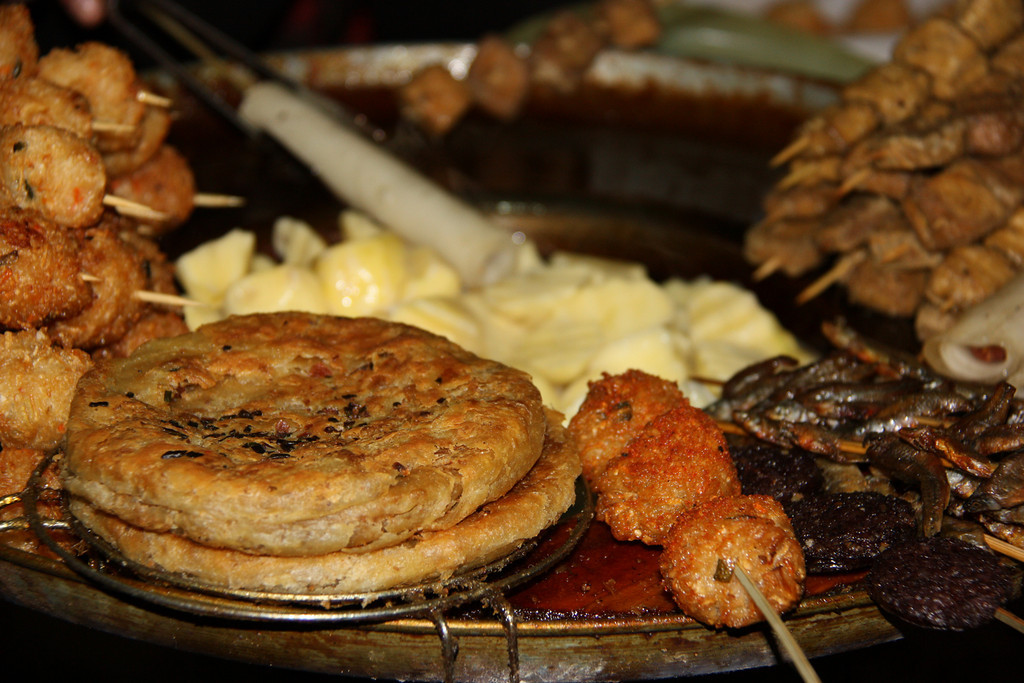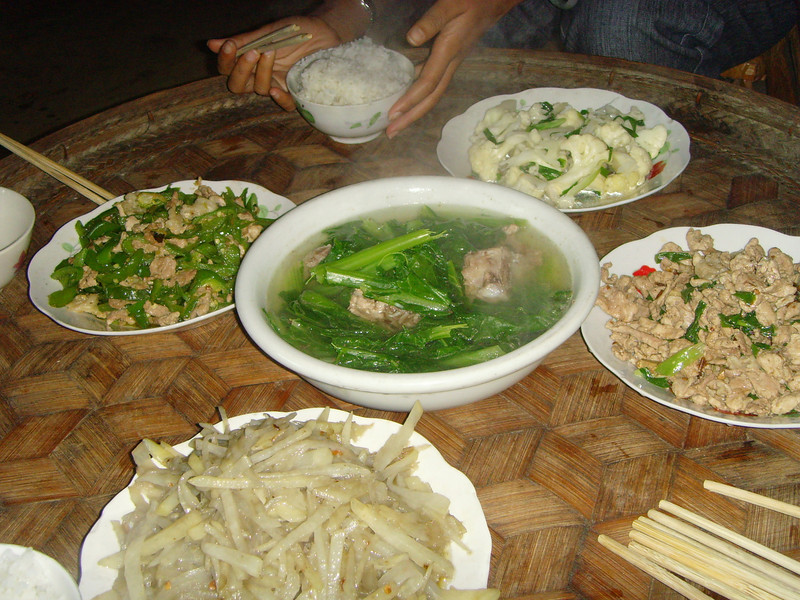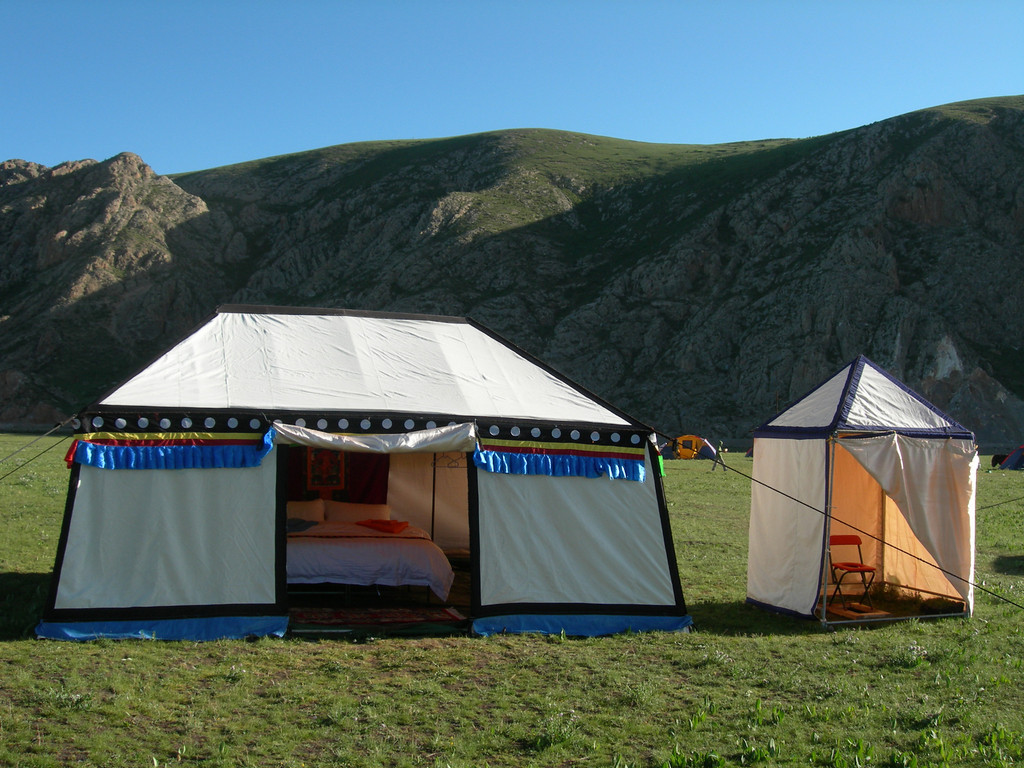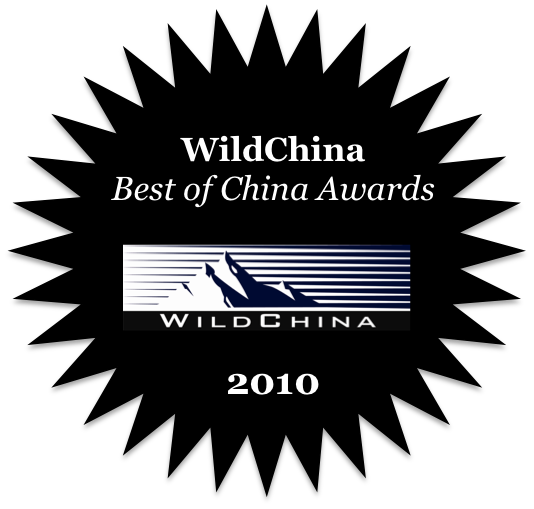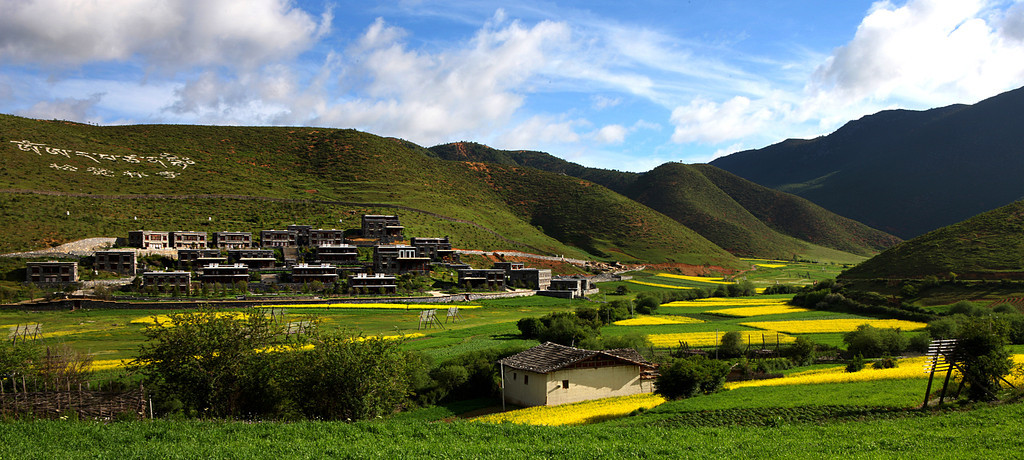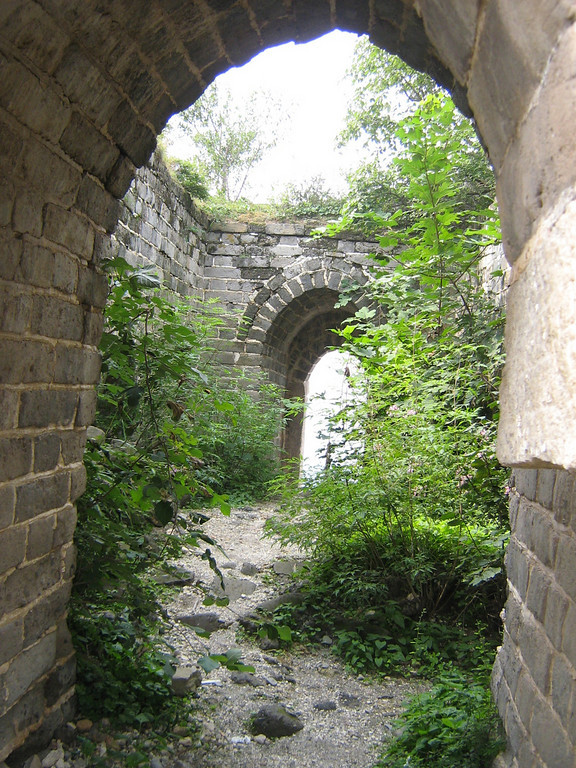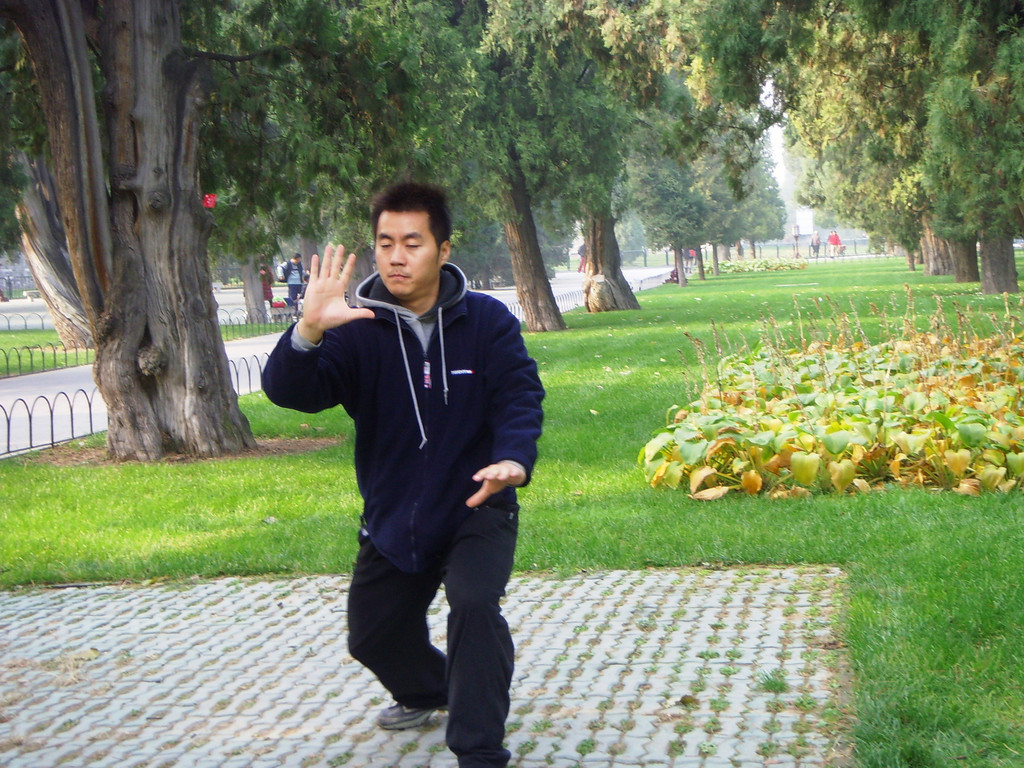A leading expert on the ancient Nanzhao Kingdom and a distinguished leader in the intellectual community in Dali, Yunnan Province, Zhang Xilu is an invaluable resource for any traveler interested in Dali culture and the ancient Tea and Horse Caravan Trail. A native of Xizhou, Dali, Mr. Zhang’s numerous published books on historical and contemporary Bai daily life, including one focusing on a school of Buddhism unique to the Bai culture, speak to his passion for learning and sharing knowledge with others. His primary research interests are the history of the Nanzhao Kingdom, which emerged in the 7th century and rebelled against the Chinese Tang Dynasty, and the culture of the modern Bai people.
AsiaTravel: When did you start teaching people about Dali culture and the Tea and Horse Caravan trail?
Zhang Xilu: I started teaching Dali culture and the Tea and Horse Caravan trail some 10 years ago. My first formal teaching of the subject was in 2003, when I began to teach the students at Dali Academy. In 2005, I was invited by Beijing University and Minzhu University to Beijing to give a lecture, last year I visited Guangzhou Sun Yat-sen University to lecture. I first published “The Culture of the Horse Caravan” with Mr. Wang Mingda in 1993, which is quite popular and was just republished last year.
WC: What made you interested in this subject in the first place?
ZX: First, the most attracting thing are the folktales of the Dali Bai people. And later I came to find the religion and history also quite interesting
WC: What is special about Dali culture?
ZX: Dali culture is a kind of territorial culture of China. To be more specific, it is South-west Bai People Culture, so it differs from the culture of other areas and the culture of other people. It has a history of 4000 years, and beautiful landscapes of Mt. Cangshan and Ehai Lake, unique Bai people costumes and the ancient religion, the heritage of the Bai people revolves around Buddhism, religious festivals, and the history and folktale story of Nanzhao Dali Kingdom. All of these are special elements of Dali Bai People culture.
WC: What is your favorite story to tell about Dali and the Bai people?
ZX: Since I have been studying Dali folklore and history for a long time, there are lots of stories to tell for me. The stories I tell most are of the Tea and Horse Caravan trail from Yunnan to Tibet, the history and culture of the Bai people, about the old religion of Bai people, the rise and fall of the Nanzhao Dali kingdom, and so on. There’s really so much – about art, history , architecture – it’s hard to pick a favorite!
WC: Why should guests come to Dali?
ZX: As in Dali, here you can find a rare but nice combination of the beautiful landscape (Mt.Cangshan and Erhai Lake), Unique Bai people culture and the history of Dali Nanzhao Kingdom
WC: What is your favorite thing to do with visitors in Dali?
ZX: Because I am busy with teaching and study, I seldom guide clients. I reall only do it sometimes based on friends’ requests. For travel groups, I am a good friend of Mei (AsiaTravel’s founder), so I only tour your groups as an expert to offer explanations and lectures. And I enjoy it, as it is a good way to promote local culture through tourism.
WC: Is Bai culture remaining strong or is it dying out? What is being done to preserve it?
ZX: Today, the Bai culture also faces the challenge of how to adapt and apply to the current society: some areas, which do not apply to the present society, are declining. However, others, which can fit in to modern society, remain strong, for example, the local religion is strong, and getting stronger and stronger.


